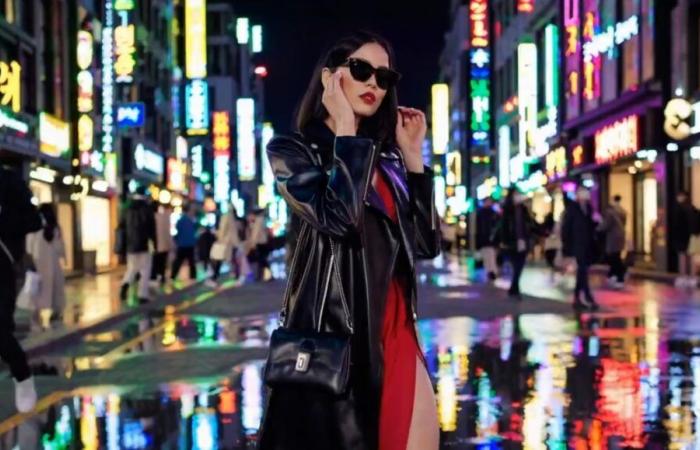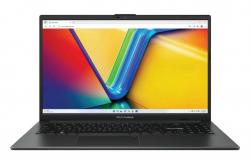
A screenshot of a video allegedly created by Sora.
© @slow_developer sur X/OpenAI
Last February, OpenAI unveiled Sora, an artificial intelligence model capable of generating videos based on text prompts. Until now only accessible to a restricted group of users in order to obtain (officially) feedback, its global launch is planned according to the latest news for the end of the year. But the latest events around this rather stunning tool could well change the situation. A hack, or more precisely a hijacking, seems to have taken place.
Advertising, your content continues below
AI like an air of revolt
While waiting for official communication from OpenAI, artists, members of the restricted group of users just mentioned, seem to have decided to rebel. Under the banner of a collective called PR-Puppet-Sora, they carried out two actions.
The first is to have published on the community site HuggingFace a tool allowing to generate videos by AI with the Sora API. Just three hours after it was put online, it was deactivated by OpenAI, whose servers were obviously well used to take advantage of the tool normally unavailable to the general public. Videos, which seem to have been generated with Sora, still had time to flourish on the Internet.
“CORPORATE ARTWASHING DETECTED“
PR-Puppet-Sora's second action was to claim and explain this action via an open letter. The collective says it received access to Sora with the promise of being creative partners, listeners and preview testers. Instead, they feel like they have been manipulated and are just part of a campaign ofart washing“. In other words, that OpenAI is only trying to do artistic whitewashing through their recruitment to reassure the public and artists around its tool.
The letter from PR-Puppet-Sora.
© Screenshot Les Numériques
The letter also emphasizes that artists are not free R&D, bug testers, data sources, communication puppets or validation objects. The people behind this leak also specify: “We are not against using AI as an artistic tool (if we were, we probably wouldn't have been invited to this program). What we disagree with is how this artist program was rolled out and how the tool is developing before possible public release.“
To conclude, the collective invites artists to instead use open source tools, such as CogVideoX, Mochi 1, LTX Video and Pyramid Flow.
Advertising, your content continues below





